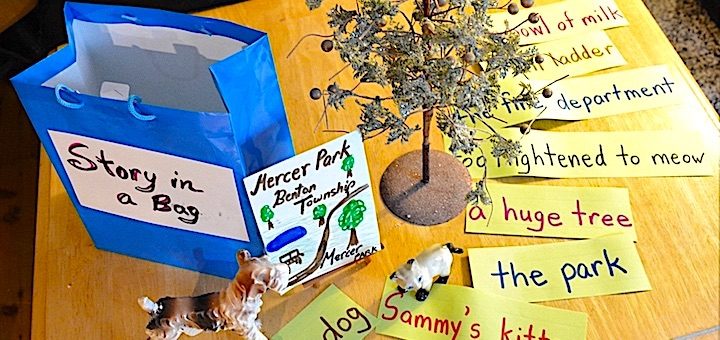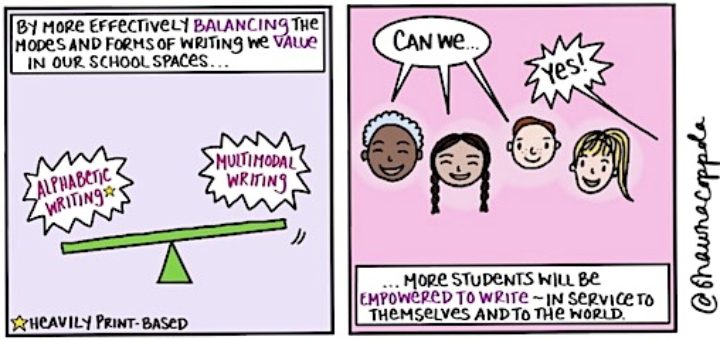Staging ‘Story in a Bag’ in Your Room or Online
Get kids engaged in narrative writing using Story in a Bag. ELA consultant Lynne Dorfman shows how this hands-on activity enlivens in-class and distance learning as it helps students build their writing fluency and encourages them to learn problem solving on the spot.























